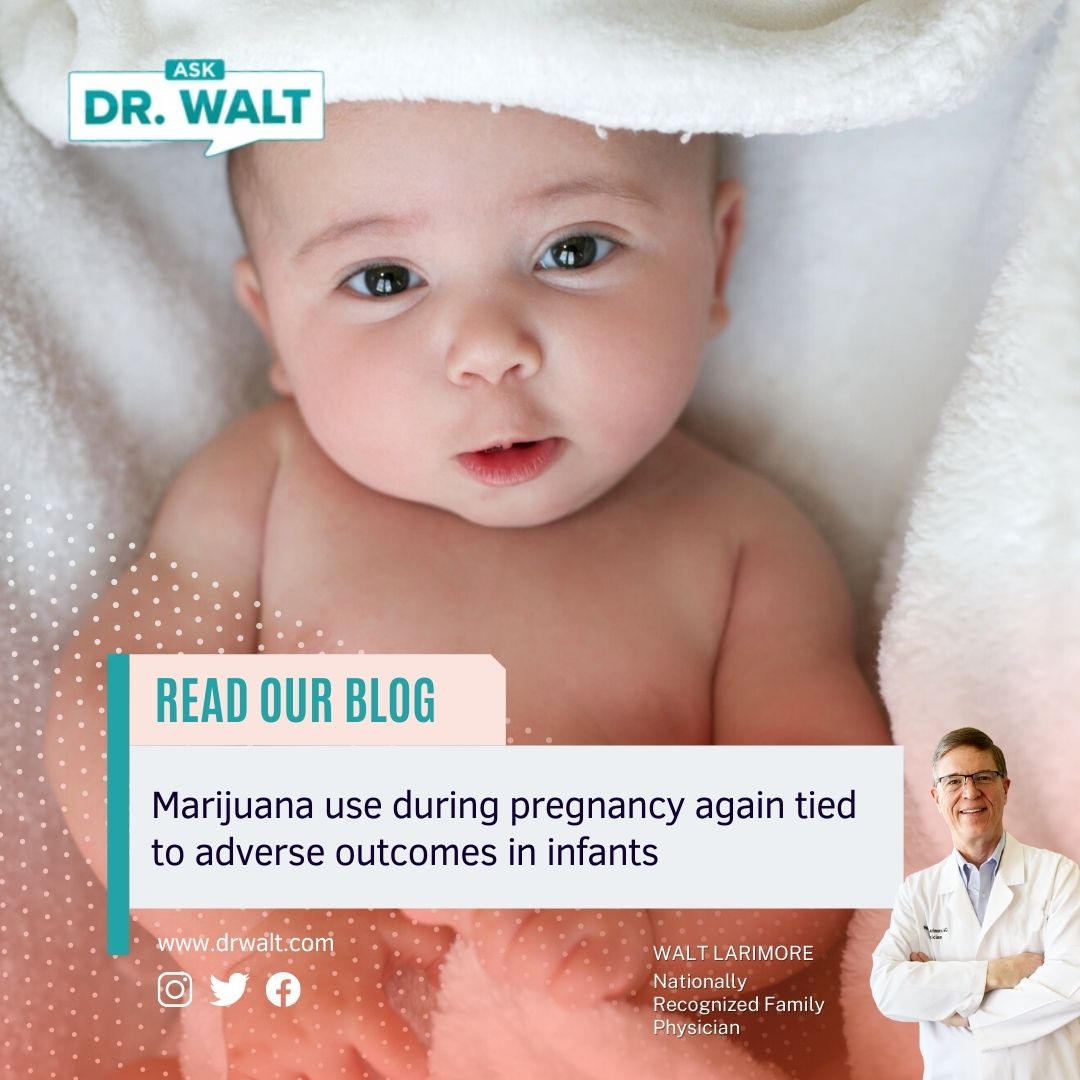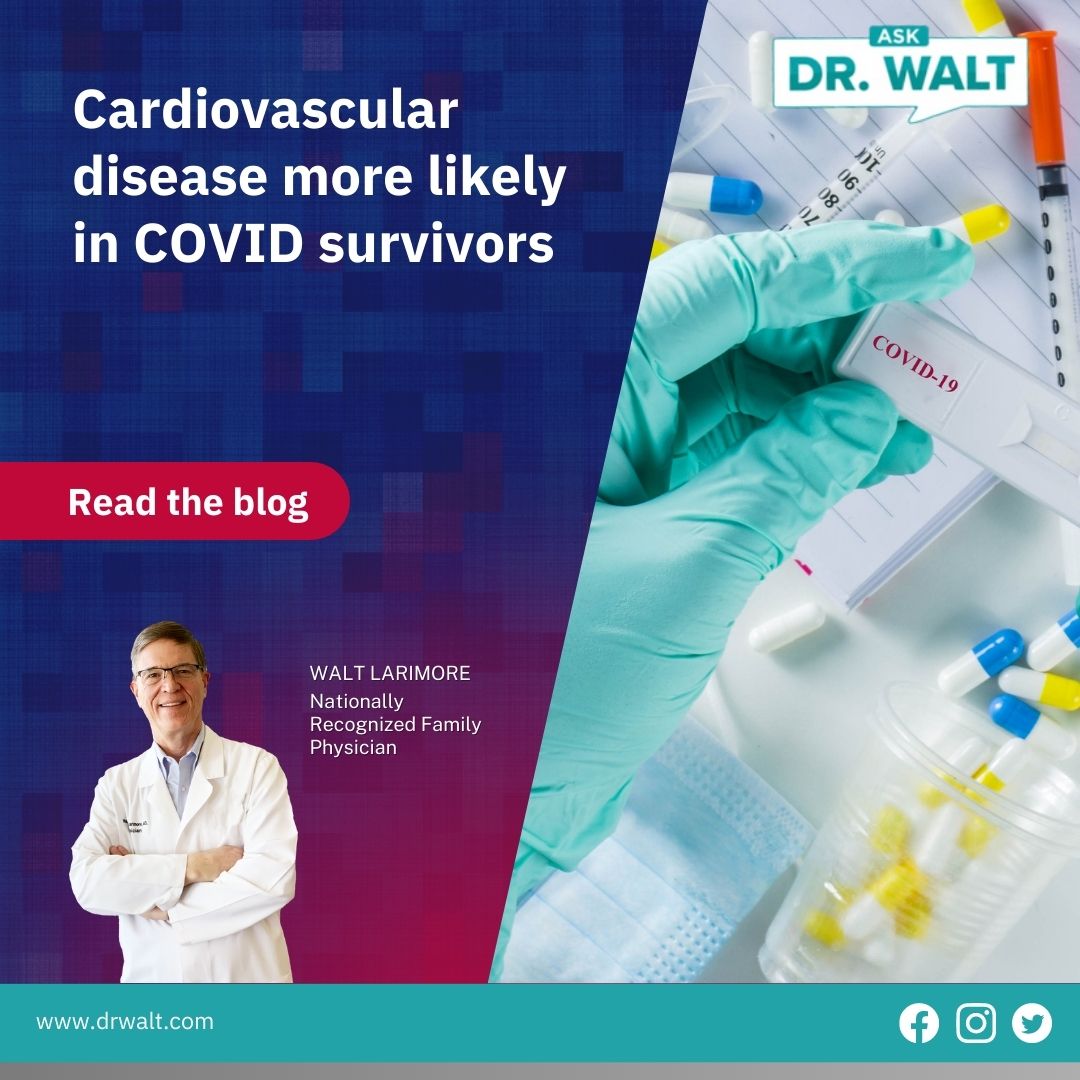
Marijuana use during pregnancy again tied to adverse outcomes in infants
February 23, 2022
Cardiovascular disease more likely in COVID survivors
February 25, 2022HealthDay reports research suggesting that a high intake of ultra-processed foods “significantly increases the risk of another heart attack or stroke, and it’s more likely to be fatal.”
For the study, published in the European Heart Journal, investigators “tracked the health of more than 1,100 Italians who already had heart disease and were followed for more than 10 years.”
Healio reports the researchers reported that “a diet rich in ultra-processed food was found to be associated with increased hazards of all-cause and CVD mortality among patients with preexisting CVD.”
Ultra-processed foods are made in part or entirely with substances not routinely used in cooking — such as hydrolyzed proteins, maltodextrins, and hydrogenated fats — and contain additives such as dyes, preservatives, antioxidants, anticaking agents, flavor enhancers, and sweeteners, the study authors told HealthDay.
“Ultra-processed foods is exactly how it reads: Foods that have been stripped of their nutrients void of any beneficial value,” added registered dietitian Sharon Zarabi. “Almost anything we eat that comes in a package is processed.” She wasn’t involved in the new study.
According to the Italian study authors, examples of ultra-processed foods include:
- sugary and carbonated drinks,
- pre-packaged meals,
- spreads,
- hard dry biscuits,
- breakfast cereals,
- crackers, and even
- fruit yogurt.
“These ultra-processed foods cause a myriad of diseases including heart disease, diabetes, hypertension, and renal disease,” Zarabi said. She’s program director of Northwell Health’s Katz Institute for Women’s Health in New York City and Westchester.
The data was from “a longitudinal analysis on 1,171 adults” and the results were published in the European Heart Journal.
© Copyright WLL, INC. 2022. This blog provides healthcare tips and advice that you can trust about a wide variety of general health information only and is not intended to be a substitute for professional medical advice, diagnosis, or treatment from your regular physician. If you are concerned about your health, take what you learn from this blog and meet with your personal doctor to discuss your concerns.




